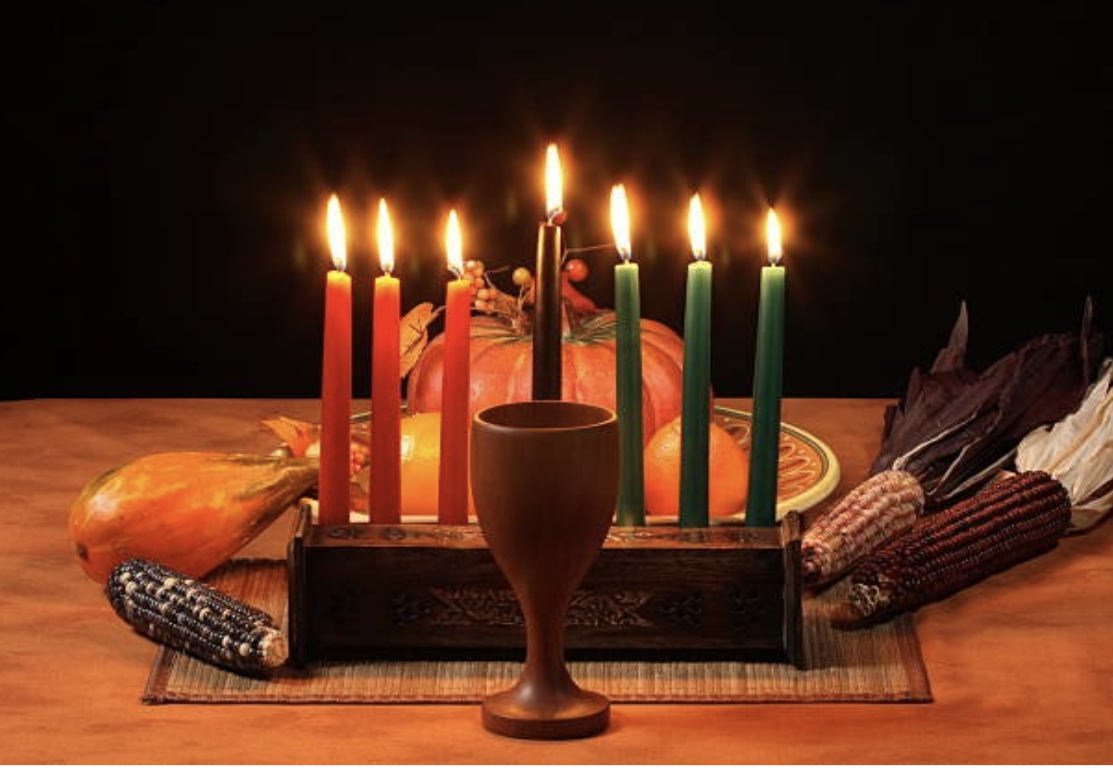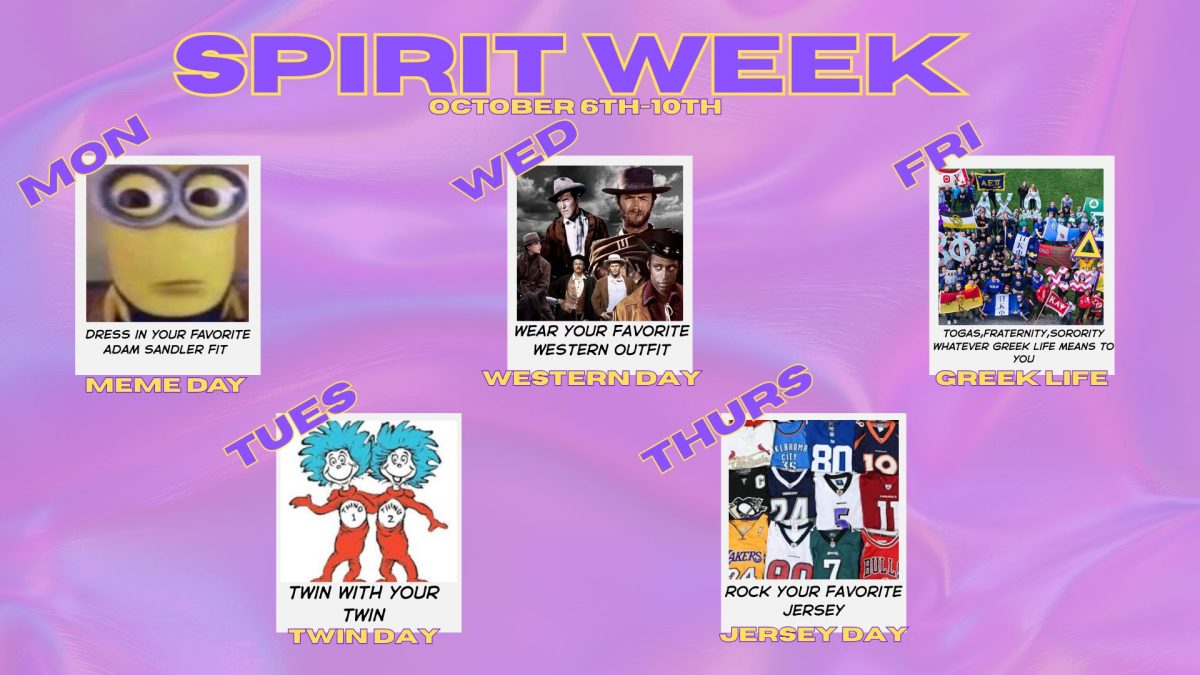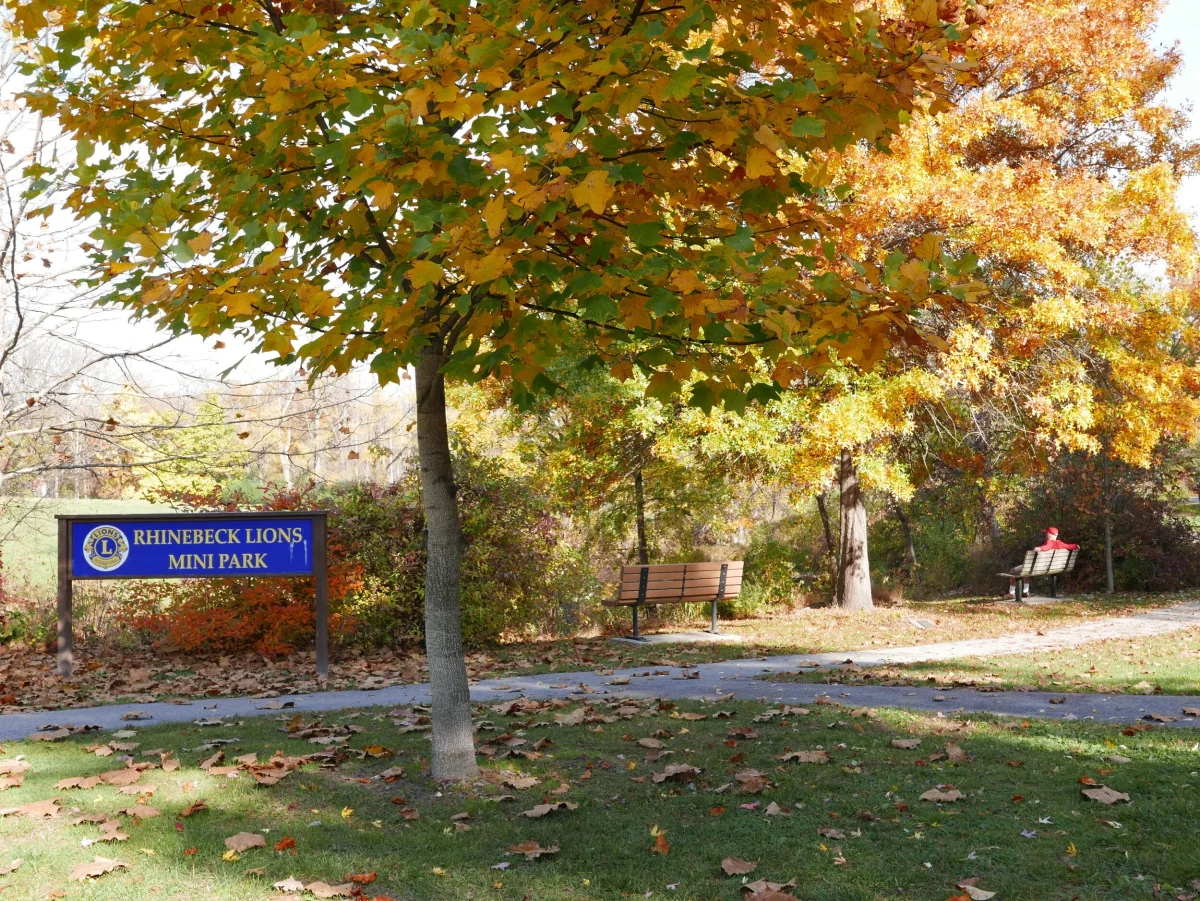As the holiday season approaches and festive cheer commences, and as most individuals around the world begin preparing for the jolliest day of all, Christmas, others begin preparing for another exciting but often overlooked festival of lights occurring just after Christmas time.
As Kwanzaa isn’t a very well-known holiday, many people have questions about Kwanzaa and how it is celebrated when they first learn what it is.
“What is Kwanzaa and When is it Celebrated?”
Kwanzaa is a week-long celebration of African culture, celebrated in the United States and most countries with a significant African or African-American population. Kwanzaa always begins on December 26th of each year, and continues through January 1st.
“What is the History of Kwanzaa?”
Kwanzaa was created in 1966 by Dr. Maulana Karenga, a professor of African Studies, and it was meant to be a way for Africans and African-Americans to promote their culture and heritage.
The word Kwanzaa was derived from the Swahili phrase “matunda ya kwanzaa” which means “first fruits”, and it has roots to first fruit celebrations often found throughout Africa, both in ancient times, and today’s times!
“How is Kwanzaa Celebrated?”
All families who celebrate Kwanzaa celebrate in their own different ways, however, some of the most common traditions include singing, dancing, drum playing, storytelling, reading poetry, and a large traditional African meal, called a Karamu, which is nearly always held on the evening of December 31st.
In addition to this, there are seven principles to Kwanzaa, one for each day, each of which have their own meaning and essence to it. On each day of Kwanzaa, celebrating families often light a candle in order to highlight that day’s principle, and to keep its meaning alive by partaking in a plethora of different activities revolving around that day’s principle.
To sum it up, Kwanzaa is an immeasurably important and meaningful time of education, family, culture, and celebration for every family who celebrates, and an opportunity for those who do not celebrate to educate themselves on its importance, meaning, and cultural significance in today’s world.




